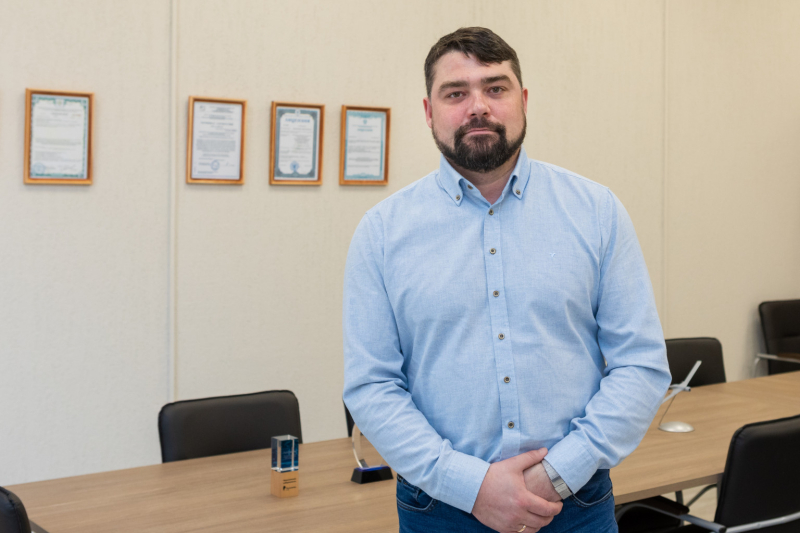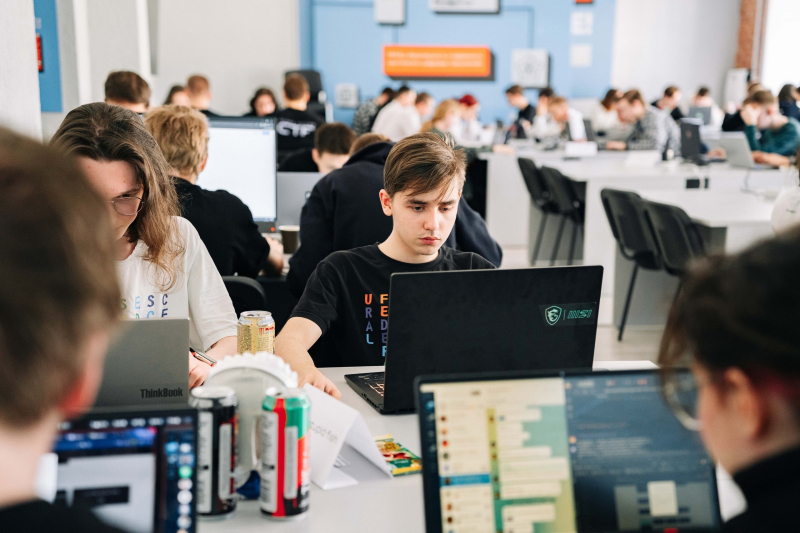Unlike other programs, the Russian-taught program Cybersecurity by ITMO University and Positive Technologies will teach students not only the knowledge, skills, and tools for infrastructure security but also common cyberattack techniques. As part of the course, they will learn to identify infrastructure flaws and vulnerabilities to remediate potential risks and repel cyberattacks, as well as to manage groups of attackers and defenders, and generate strategies to ensure the security of information systems.
“There are three main pillars of education at ITMO. Here, students learn by interacting with real-world specialists who have not only experience in information and cybersecurity, but also industry insights; practicing their skills using simulators and taking part in specialized competitions; and, lastly, conducting research to operate and advance security systems. In collaboration with Positive Technologies, we’re developing educational technologies to select promising applicants and assist them in shaping their learning tracks so that they can acquire the most in-demand skills,” says Danil Zakoldaev, the dean of ITMO’s Faculty of Secure Information Technologies.

Danil Zakoldaev. Photo by Dmitry Grigoryev / ITMO.NEWS
The specialization AI for Cybersecurity focuses on advanced threats and therefore is more suited to students who would like to study and design cybersecurity systems.
Another feature of the program is an ITMO-developed educational platform, which allows students to solve professional tasks using a specialized simulator that mimics the behavior of real-world systems. With a single click, students can open a virtual laboratory assignment and practice their defensive and attacking skills in real time. The platform will display the results immediately after the project is complete and highlight growth points. Furthermore, students can seek consultations from their lectures and curators in a dedicated chat.
Graduates of the program will be qualified to apply for mid-level positions, as well as become analysts at cybersecurity centers and research engineers at R&D departments. They will be in particularly high demand among privacy-focused organizations such as financial, construction, consulting, and IT companies, as well as gas and oil productions.
“Our experience in the field of cybersecurity is of interest to our partners from the BRICS countries. The rise of cybercrime highlights the demand for a pool of specialists who can protect a country’s critical infrastructure. At Positive Technologies, we have 20 years of experience and advanced expertise in the field. And we believe that it is crucial to transfer the accumulated experience and knowledge into top-class universities and enrich their educational programs with practical expertise. Also, we’re interested in enhancing cybersecurity in countries lacking in the field,” notes Yulia Danchina, the director of client and partner training at Positive Technologies and the head of the educational center Positive Education.

Credit: vk.com/bit.itmo
The Cybersecurity Master’s program is designed for IT majors wishing to acquire advanced knowledge in the field. To apply to the program, submit your application via your personal account on the admissions website and choose your type of enrollment (more on enrollment opportunities here). Find out everything you need to know about the program here.




